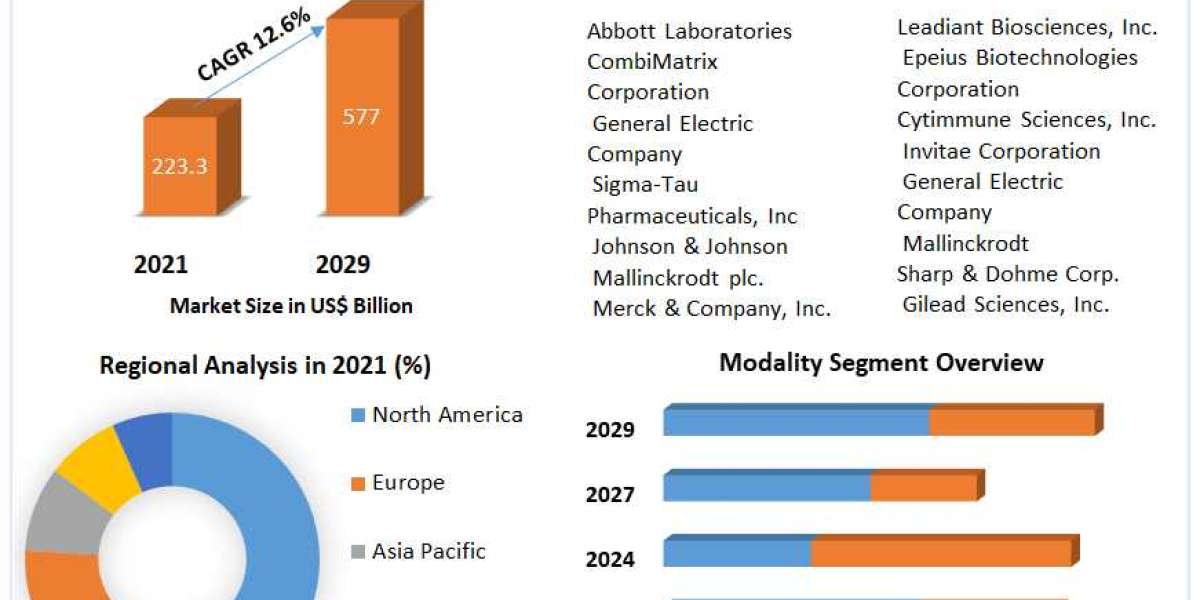Originally published by Quantzig: Redefining Manufacturing and Exploring Smart Factory Trends for Industries
The manufacturing industry is undergoing a profound digital transformation, catalyzed by technological advancements, the impact of the COVID-19 pandemic, and evolving consumer demands. This article explores the dynamic landscape of modern manufacturing, unraveling innovations that redefine industry norms. From integrating technologies like the Internet of Things (IoT) and Artificial Intelligence (AI) to optimizing processes through data-driven analytics, smart factories herald a new era of efficiency, sustainability, and unparalleled productivity. As industries worldwide embrace smart manufacturing, this exploration delves into key trends shaping this evolution and offers insights into the symbiotic relationship between technology and manufacturing prowess.
**Significance of Smart Factory Trends for Manufacturing Industries:**
In the contemporary manufacturing landscape, adopting smart factory trends is a strategic imperative for industries aiming to maximize operational efficiency and sustain competitive advantages. The key lies in harnessing the wealth of data generated by sensors, machines, and interconnected devices. Through advanced analytics and AI, this data transforms into a toolkit that empowers teams to elevate efficiency, streamline processes, and make data-driven decisions with profound business value.
Smart factories leverage data-driven intelligence across various domains. Process optimization becomes nuanced, with analytics insights enabling fine-tuning and augmentation of production processes. Enhanced visibility and adaptability benefit supply chains, ensuring optimization in material flows and inventory management. Predictive maintenance becomes proactive and cost-effective, reducing downtime and extending equipment lifespan. Quality control, underpinned by advanced analytics, transcends traditional boundaries, evolving into a dynamic process with real-time monitoring and adaptive adjustments.
In essence, the comprehensive integration of advanced analytics and AI across smart factories represents a paradigm shift, steering manufacturing industries toward a future marked by precision, agility, and sustained innovation. Embracing these trends is not merely an option; it is a strategic imperative to thrive in an era where data is the cornerstone of operational excellence.
**Success Story: Revolutionizing Manufacturing Efficiency with Quantzig**
*Client Details:* A leading manufacturing company in Europe.
*Challenges Faced:*
The client sought to enhance decision-making and planning processes within their smart factories, addressing challenges in demand smoothing, manufacturing scheduling, material planning, maintenance planning, and quality control. These processes were labor-intensive and prone to errors, impacting precision and optimal production.
*Solutions Offered by Quantzig:*
Quantzig seamlessly integrated a plug-in into the client's existing ERP systems, aggregating data from ERP platforms, sensors, and connected devices into an efficient data architecture within Microsoft Azure. Automated solutions were implemented for demand management, manufacturing scheduling, and production management. Predictive maintenance and automated quality control, driven by cutting-edge computer vision technology, further elevated operational efficiency.
*Impact Delivered:*
- 20% decrease in downtime by predicting machine failures.
- 80% faster production planning process.
- 30% reduction in manpower for production process management.
*Technologies Implemented:*
Azure, Power platforms, Azure AI
In conclusion, manufacturers investing in cutting-edge technologies and embracing smart factory trends will be well-positioned in this globally competitive marketplace. By adopting advanced capabilities and sustainable practices, manufacturing companies can create a more sustainable future, reshaping production methodologies and propelling industries into an era of unparalleled productivity and growth. As we navigate the transformative landscape of advanced analytics, AI, and interconnected systems, it becomes evident that embracing these smart factory trends isn’t just an evolution; it’s an imperative for survival and prosperity. The symbiotic relationship between innovation and efficiency is reshaping industries into an era of unparalleled productivity and sustainable growth.







